| by Marilyn Wann The Associated Press thinks people need to know about a new trend at dude ranches: bigger horses for fat riders! The AP article attempted to weight-shame big riders and big horses, but ranchers weren't going for it. (Seriously, the reporter snarked about the shoe size of draft horses compared to quarter-horses.) Ranchers they interviewed said they'd lose thousands of dollars every season if they failed to welcome and accommodate fat customers. |
"I felt bad about telling people they're too big to ride," one rancher said. Draft horses may cost more to maintain, but they take hunters into the backcountry in the fall and pull wagons with tourists in winter, while smaller horses hang around the stable eating muesli and comparing mane-and-tail-care products.
Why is this newsworthy? Because people think…
A student in the kinesiology class that I spoke to this week at SF State made a similar comment. I asked the students: Do we need a line between fat and thin? Is it doing anything for us that we would miss if it were gone? He said, "The line defines you and lets you know what you need to do to be better."
But what if the thin ideal is actually harmful to health, for both fat and thin people? What if social hierarchies are killing us?
While AP reporters were warning about fat people riding horses in Idaho, I came across two links that say even more — if that's possible — about health and human rights.
First, I saw the Bill Moyers website post about how deadly income inequality is. They interviewed Steven Berzuchka, a former ER doc and public health professor who's a source in a new book on on the subject. Some main points:
Then, I saw these findings from Stanford Biz School researchers, about how feeling of attractiveness strongly predict people's opinions on inequality:
I can't resist comparing the level of concern our world shows when fat people dare to go on pony rides ("But, they're 'obese!'") to the level of concern in our world for the health impact of weight-based social inequality (and its interconnection with other oppressions).
Why is this newsworthy? Because people think…
- Too many fat people! Now they want to do fun stuff? Outdoors? Where we have to see them?
- Fat people enjoying nature…shudder. Nature is thin! Horses, people, trees, chipmunks…only thin stuff allowed.
- Weight limits are normal, standard, familiar, desirable, ideal, and better. Sure, they're unnecessary, discriminatory, and less profitable, but that's okay!
- Draft horses weigh too much, eat too much, need doctoring too much, and wear sizes that are too large. So do fat people. The needs of thin people (or thin horses) are a given. The basic needs of larger people (or horses)? Impossible!
- If more fat people go on horse rides, ranchers will buy more draft horses. Where does it end? What's next? Fat people sitting in comfort on airplanes? At work? Next to us?
- We like scarcity. It defines who counts as a person and who doesn't.
A student in the kinesiology class that I spoke to this week at SF State made a similar comment. I asked the students: Do we need a line between fat and thin? Is it doing anything for us that we would miss if it were gone? He said, "The line defines you and lets you know what you need to do to be better."
But what if the thin ideal is actually harmful to health, for both fat and thin people? What if social hierarchies are killing us?
While AP reporters were warning about fat people riding horses in Idaho, I came across two links that say even more — if that's possible — about health and human rights.
First, I saw the Bill Moyers website post about how deadly income inequality is. They interviewed Steven Berzuchka, a former ER doc and public health professor who's a source in a new book on on the subject. Some main points:
- One in three U.S. deaths (more than 883,000) could be avoided each year if we had more equitable income distribution, according to a Harvard meta-analysis of existing data.
- The U.S. has shorter average lifespan than 33 major countries . Our general health ranks alongside poor countries.
- "The behaviors that really matter for our health include a range of social connections and family support. The studies and meta-analysis show they're way more important than smoking and exercise and those kinds of things," Berzuchka said.
- In one survey, people in the U.S. reported the fourth highest level of stress in the world. Even people who are white, rich, educated, and practice healthy behaviors die younger than their counterparts in other countries. (Kinda reminds one of the classic Whitehall Studies, which looked at the health impact of social status and stress.)
Then, I saw these findings from Stanford Biz School researchers, about how feeling of attractiveness strongly predict people's opinions on inequality:
- People who see themselves as beautiful or attractive think they belong in a higher social class, think that social hierarchies are good, and think people in lower social classes deserve to be there. They are less likely to give money to address social inequality. (Same results, regardless of gender or ethnicity.)
- Attractiveness mattered more to people's view of their social status than integrity or empathy.
- Attitudes toward inequality shift rapidly in relation to people's view of their own attractiveness: People who had just recalled feeling attractive saw inequality as less of a problem, while people who recalled feeling unattractive viewed inequality more negatively.
- Americans spend more on personal appearance than on reading material, and keep up that investment even during economic downturns.
I can't resist comparing the level of concern our world shows when fat people dare to go on pony rides ("But, they're 'obese!'") to the level of concern in our world for the health impact of weight-based social inequality (and its interconnection with other oppressions).

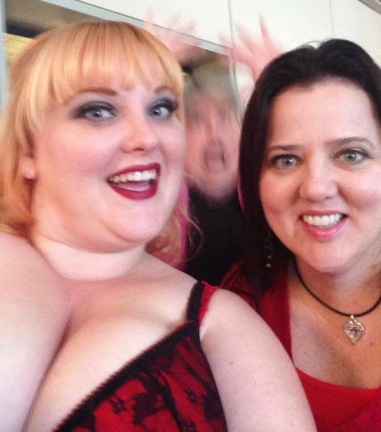
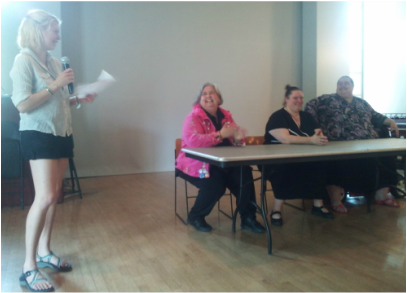
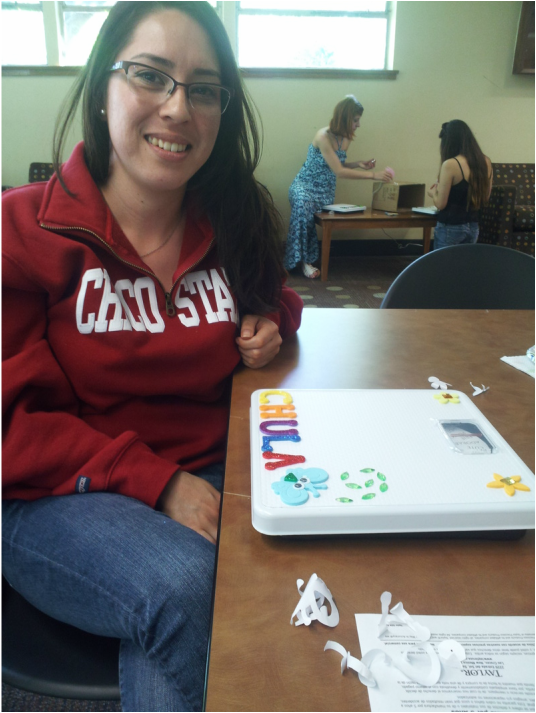
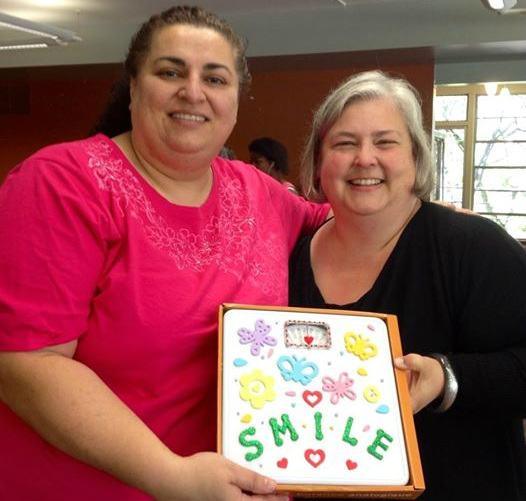
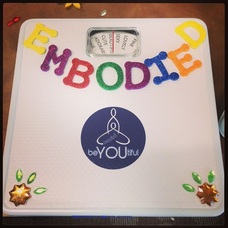

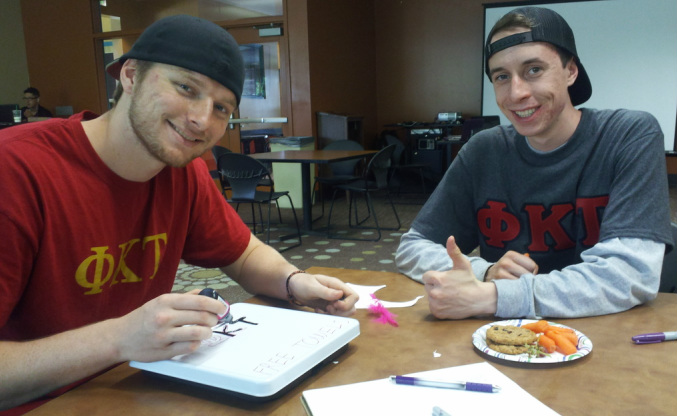

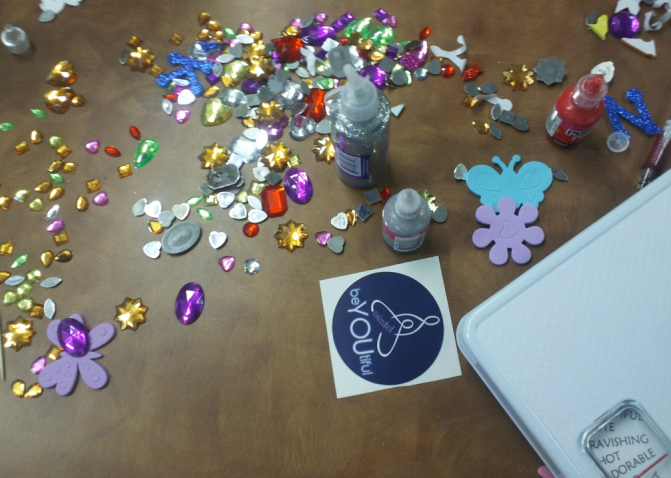
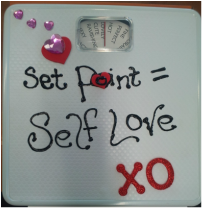


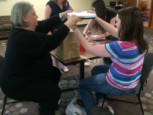

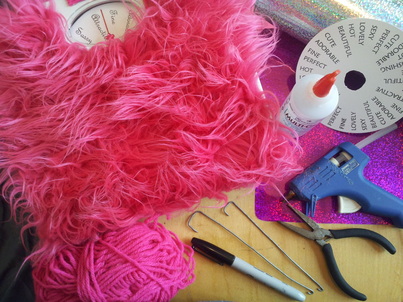
 RSS Feed
RSS Feed